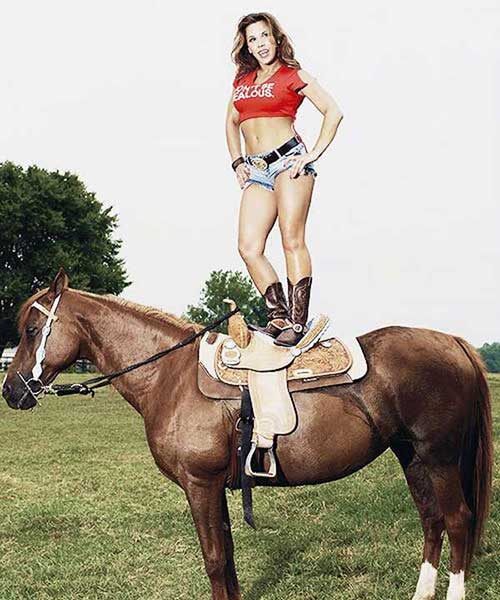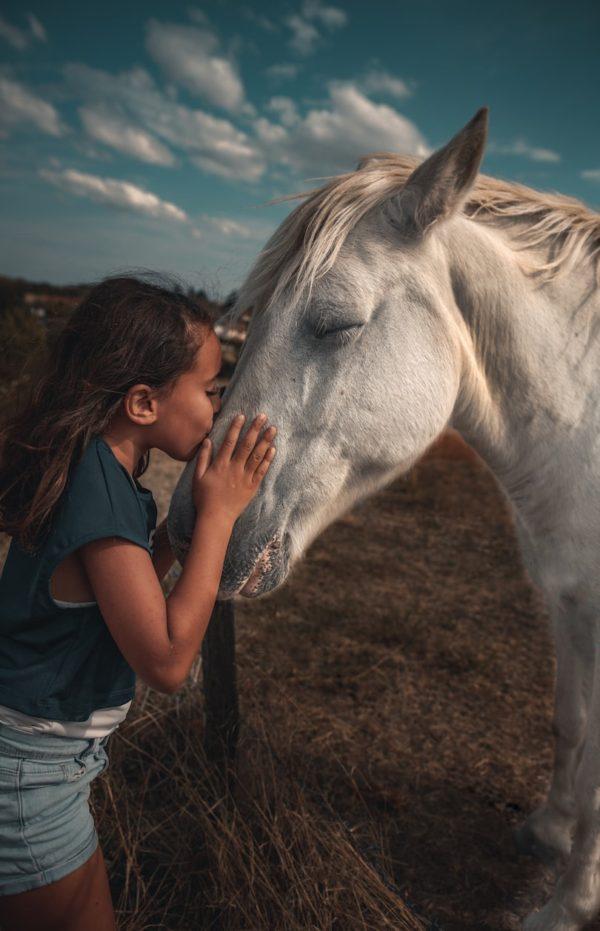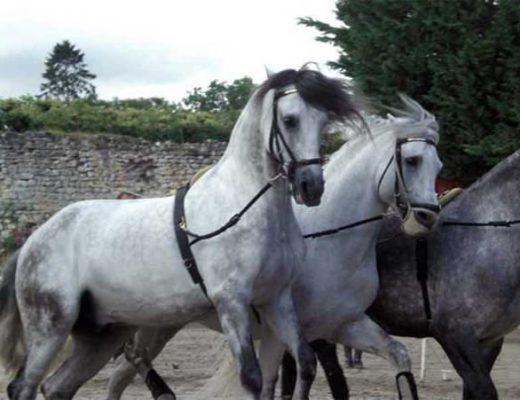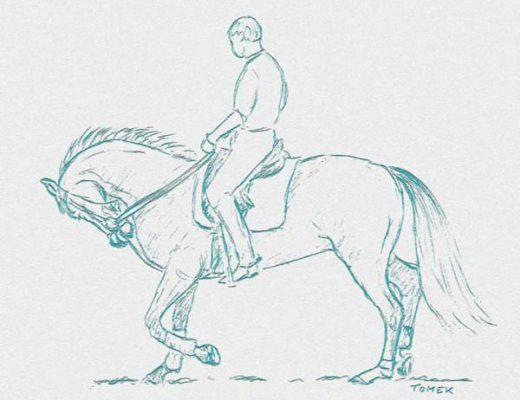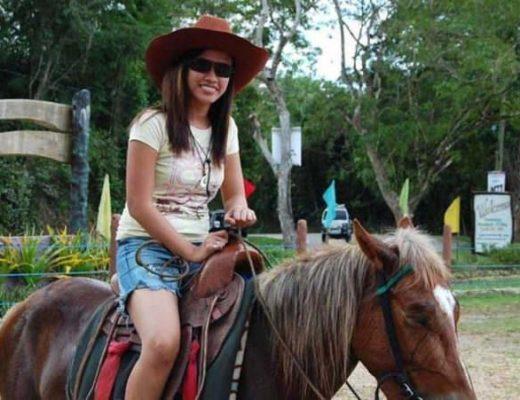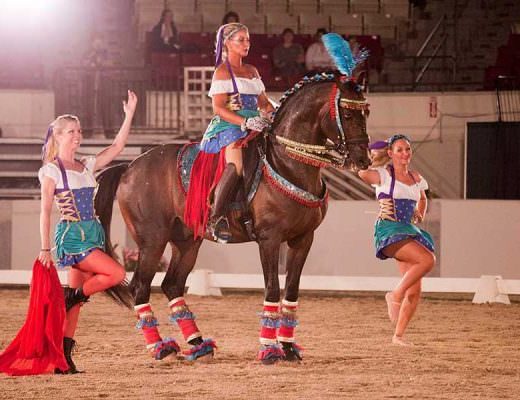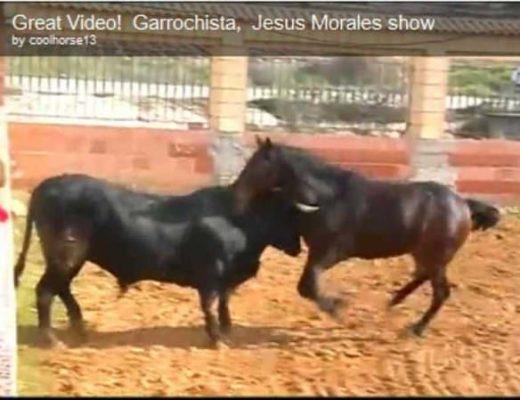It isn't that I am against dangerous stunts. I even find them entertaining when they involve a professional, who isn't advocating that beginner's should try this at home or are capable of teaching themselves how to successfully do them. There are many who do stunts and tricks and so on, that impress me to no end at the amount of physical strength, skill and tact it takes to do them correctly.
Those aren't the stunts I'm referring to…
What does concern me enough to actually mention it, are professional trainers and clinicians who use methods which are more like stunts (I will elaborate on this more in a moment), and are teaching them to beginners and riders who do not have the skills for such tricks to be successfully put into action without putting themselves and/or the horse at serious risk. I see it time and again, and saw another video of it today that came posted in my inbox.
What do I mean by stunts? Well, things like using so much pressure on the horse that he will eventually blow up, but as a professional having enough tact and skill to manage the blow up and keep it from being something dangerous. That is a great stunt that is really common, but when put in the hands of those without the tactful skills it turns into a mess. Another one is ‘desensitizing' by tying items to the horse and hoping he doesn't run through a wall or over the top of you. A professional will know when to dodge, duck, dive or dip, but the average horseperson may not and this could mean the difference between whether you'll be needing a different kind of duck or not.
Then there is the line of thought that every beginner horse person who equips themselves with a round pen is now ready to start their horse under saddle in one or two days. I think what we tend to forget with all of this is that training is not a means to an end. Generally when a professional is out there giving a demo, not only are you getting a shortened version of what real training is, but you are also being fed a line of great sales-talk to bring you in for more lessons, training, to sell you merchandise and so on. Next, the average clinician can't depend on an audience coming back for two, three, four weeks straight to watch a horse get started under saddle, so instead they shorten it down into a snap version that people assume is what real training passes as.
Let's try to remember what training's real purpose with the horse is…
- A means of developing communication between two species not naturally in partnership with one another.
- To expand that communication to specifically achieve certain set goals, whether shared or separate.
- Overall to develop a relationship with the horse that goes beyond the natural instincts inspired by a predator/prey interaction.
What is the biggest thing that is the hardest to overcome in a relationship? The time it takes to develop. We can hope that we find a best friend that we can lean on for a lifetime in two weeks, but we all know deep down that to really trust and depend on that person it takes a long time to build the relationship to that extent. The same goes with the horse. It takes a long time before we build enough trust with him that he no longer is frightened or resists our attempts to sit on his back and direct his actions. It takes more than 2 days. We can certainly apply enough pressure that he stops fighting physically and seems to shut down into a sort of calm ‘follow the leader' type attitude, but that doesn't mean there is any trust between him and the person in the round pen.
I was talking with my hay guy the other day, who I absolutely love to pieces, and while he sells the horse hay he will tell you himself he is not a horse person – just makes the hay. We had a great conversation as he was bringing me some hay to try, and it came up about the horse/human relationship dynamic, and some things we discussed were why hadn't all the fight or flight tendencies been bred out of the horse by now over time with domestication, and why the horse can and can't be trained 100% to respond the same to every person.
What so much comes down to is relationship and the biggest difference between horses and humans, is the fact that we are predatory creatures and by nature we would/could hunt the horse and eat him. Would the horse ever hunt and eat us? No. Plain and simple. The horse can be antagonized/pressured enough into attacking humans if he feels unsafe or if he perceives it to be a sort of game/play-fighting.
Our relationship takes time and the understanding that the horse views us as a potentially life threatening encounter. So, I hope that the next time you watch a professional or clinician it is with open eyes that the information crammed into a short session and the actions made can prove dangerous in the wrong hands… even professionals have died from the hooves of their horses.
